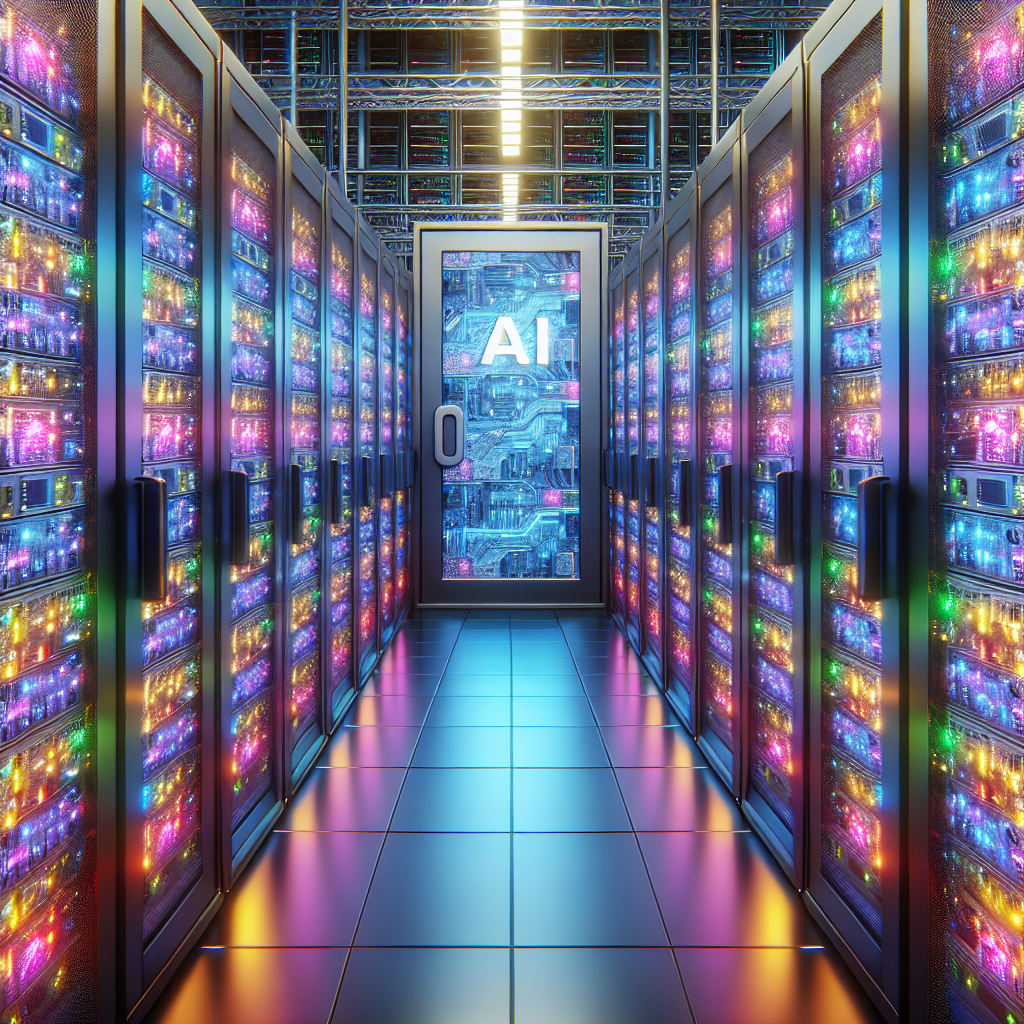Microsoft Doubles Down on Its Own AI Chips
In a strategic shift that underscores the ever-evolving tech landscape, Microsoft is planning to primarily use its own proprietary AI chips to power the data centers supporting its cloud and artificial intelligence services. This move, revealed by Microsoft’s Chief Technology Officer recently, signals the tech giant’s commitment to reducing reliance on third-party silicon providers such as Nvidia and embracing a vertically integrated hardware-software ecosystem.
The Drive Behind Microsoft’s In-House Chip Strategy
Microsoft’s decision to favor its own semi-custom chips in its data centers is rooted in several critical motivations:
- Cost Efficiency: Custom-built chips allow for more predictable and potentially lower production costs over time.
- Performance Optimization: Proprietary chips are designed specifically to optimize performance for Microsoft’s services, such as Azure and Copilot.
- Supply Chain Resilience: By decreasing dependency on external suppliers, Microsoft can bolster operational stability and scalability.
According to CTO Kevin Scott, utilizing their own chips means tighter integration between the hardware and software. This creates a synergy that streamlines AI model development, content delivery, and cloud operations.
Introducing Microsoft-Made Maia and Cobalt Chips
Microsoft has already begun rolling out its own silicon with the introduction of the Maia 100 AI accelerator and the Cobalt 100 cloud-native CPU. These chips are designed to handle intensive AI workloads and general-purpose computing needs within Microsoft’s cloud data centers.
Maia 100 is tailored to large-scale AI deployments such as natural language processing and machine learning model training. Meanwhile, Cobalt 100 is engineered to ensure reliable performance for common applications and could eventually rival chips from competitors like AMD and Intel.
Benefits of Custom AI Hardware for Microsoft
Deploying these in-house chips empowers Microsoft in several impactful ways:
- Optimized AI Workflows: Custom AI accelerators are better suited to run Microsoft’s AI tools, including Azure OpenAI and Microsoft Copilot.
- Lower Latency and Higher Throughput: Tailored designs ensure faster processing, which improves user experience across Microsoft 365 services.
- Energy Efficiency: Purpose-built chips can optimize power usage, aligning with Microsoft’s sustainability goals.
Implications for the AI and Cloud Ecosystem
This strategic pivot could significantly reshape the AI ecosystem. Microsoft has long relied on Nvidia’s GPUs for AI tasks; while those will continue playing a role, the shift to proprietary hardware may reduce demand for third-party chips over time.
With big players like Amazon (AWS Graviton) and Google (TPU) already developing and using their own chips, Microsoft’s move reflects a broader trend in the cloud computing industry: cloud giants crafting custom silicon to fuel differentiated AI services.
Balancing Custom Chips with Partner Ecosystems
Despite the focus on internal chips, Microsoft has emphasized that its ecosystem strategy remains inclusive. Partner hardware like Nvidia’s GPUs and AMD’s processors will still be integral to their infrastructure. Rather than a complete replacement, Microsoft envisions a hybrid model where in-house and third-party chips work together.
Microsoft aims to give customers flexibility and choice while building a deep integration between its tools and the underlying cloud platform.
Looking Ahead: Microsoft’s AI Hardware Vision
Looking into the future, Microsoft is setting its sights on becoming a leader not only in AI software but also in the underlying hardware. Its investment in chip design reflects its wider AI ambition: to control and optimize the full AI stack, from data center hardware to software deployment.
This integrated approach could benefit productivity tools like Microsoft 365, bolster Azure’s AI scalability, and drive innovations through AI copilots across devices.
Key Takeaways
- Microsoft plans to prioritize its own AI chips—Maia 100 and Cobalt 100—in its data centers.
- This move aims to enhance performance, reduce costs, and improve energy efficiency.
- Third-party chips from Nvidia and AMD will still be part of Microsoft’s hybrid infrastructure.
- Owning the AI stack positions Microsoft for long-term dominance in the cloud and AI sectors.
Conclusion
Microsoft’s pivot toward using its own AI data center chips underscores a major shift in how tech giants intend to power the next generation of AI services. By creating an integrated hardware-software ecosystem, Microsoft isn’t just building chips—it’s laying the foundation for a more efficient, scalable, and intelligent cloud infrastructure. As competition in the AI arms race intensifies, expect other major players to follow suit in developing proprietary technologies that give them a competitive edge.



Leave a Reply